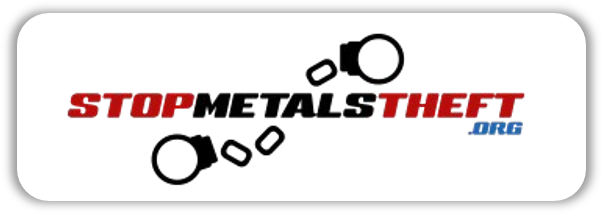Stopmetalstheft.com
Stop Metals Theft Glossary
A glossary of common materials processed by recycled materials companies (based on ReMA Specifications).
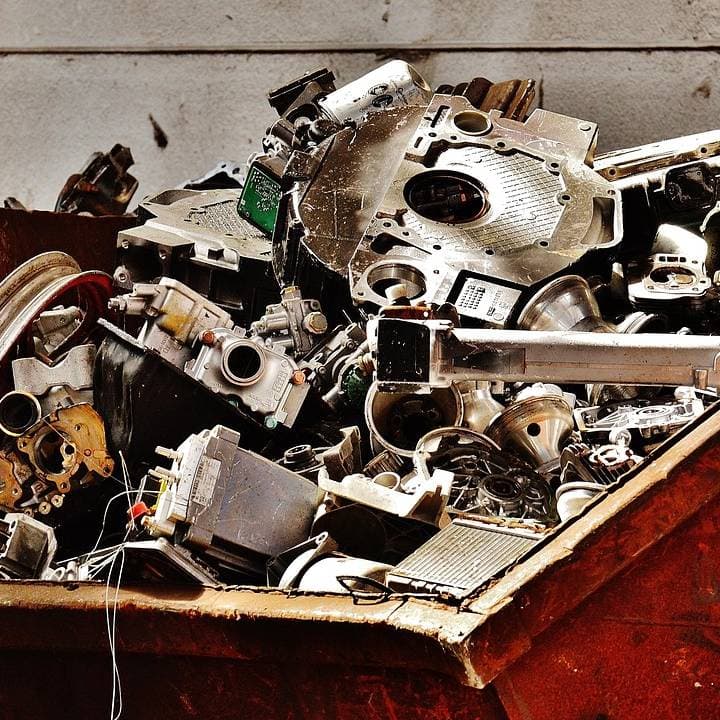
based on ReMA Specifications Guide
Glossary of Common Materials Processed by Recycling Companies

Number 1 Copper – Wire or tubing. No coverings, no paint, no solder, no joints, nothing
inside.

Number 2 Copper – Used pipe or wire contaminated with paint, solder, joints, or coating. May have small amounts of contaminating materials(s) inside. Copper wire with insulation removed by burning. Possible sources include remodelling or demolition projects.

Sheet Copper – Rolled into sheets. Uses include roofing, downspouts and gutters. Note: New material that is still shiny may be considered Number 1 Copper.
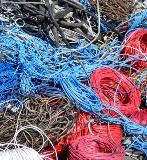
Insulated Copper Wire – Wire covered with rubber, plastic or other non-conducting material.

Aluminium or Copper Radiators – (Aluminium/Copper Radiators) Can be found in vehicles and different types of machinery to include air conditioner units. Free of brass, plastic or iron parts / brackets.

Red Brass – Electrical hardware, low pressure valves, pipe fittings. Cemetery headstone plates and flower vases (sometimes referred to as bronze). Free of lead or steel contamination.

Yellow Brass – Mixed brass. Plumbing fixtures, valves, sprinkler heads, water meters.

Aluminium Sheet – Uncoated, free of contaminants. No paper, ink, plastic, etc. Uses include auto body parts, aircraft skins and packaging.

Aluminium Extrusions – Examples include window frames, screen enclosures, bleachers, and ladders.

Clean Aluminium Wire – Wire free of plastic or rubber coatings. No steel.
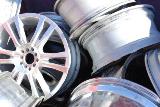
Cast Aluminium – Products made by mold casting or sand castings, i.e. Tire rims and engine blocks.
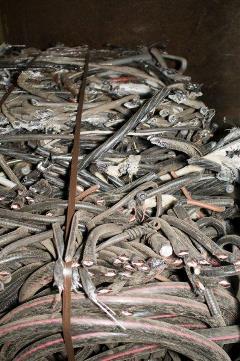
Unclean Aluminium Wire – Often referred to as Insulated Aluminium Wire. Has a plastic or rubber coating.
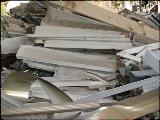
Aluminium Exterior – Sometimes called Aluminium Siding. Aluminium siding scrap. Can be painted. No plastic or fiberglass.

Contaminated Aluminium – Often referred to as Dirty Aluminium. Coated with plastic, rubber or other contaminates. Examples include auto parts, pots and pans, and window frames with screws.
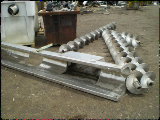
Stainless Steel – Steel containing nickel and chromium to prevent corrosion, rust or water stains. Uses include construction, medical equipment, drilling equipment and water distribution systems.
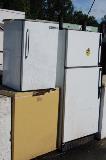
Large Appliances – (White Goods) Scrap refrigerators, washers and dryers, range hoods, dishwashers, etc.
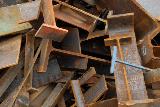
Steel Structural – Steel formed into specific shapes or beams, used in construction.

Miscellaneous Steel – Non-structural steel that often remains visible after construction. Railings, stairs, ornamental objects.
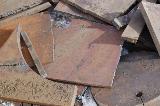
Sheet Irons – Thin sheets of iron or steel sized by gauge, used primarily for car / equipment body panels and construction.
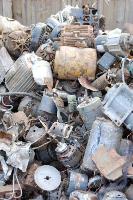
Motor-Vehicles Non-body Parts – Engines, transmissions, catalytic converters, alternators, batteries, etc.

Catalytic Converters – Part of a vehicle’s exhaust system. Reduces pollutants. Contains precious metals such as platinum.

Lead – Clean soft scrap lead. Free of other materials. Typically found in sheet form but also in older wheel weights, fishing sinkers.

Electric Motors – Whole electric motors or dismantled parts. Either copper wound or aluminium wound. May still have the steel casing with no attachments.

Electronic Scrap – Cell phones, laptops, tablets, etc, recycled for scrap steel, aluminium, copper, lead, circuit boards, plastics and glass.
** To create a uniform mechanism for law enforcement to search for materials, all purchased materials entered into the scale system by a recycling yard would be coded with one of these codes. The scale ticket reflects the item name as the yard deems fit, but on the backend of the system, the computer will sort all incoming purchased materials into one of these categories.
StopMetalsTheft.org
Stay Informed. Take Action. Prevent Theft.
Discover essential tools on state metals theft laws, theft alert systems, industry insights, law enforcement strategies, and more to fight against metals theft.
About Stop Metals Theft
StopMetalsTheft.org is a ReMA resource that provides information on metals theft. Recyclers work with law enforcement to be a part of the solution.
Laws
ReMA’s State Metal Theft Law Database helps visitors understand laws with pre-made or custom reports on the provisions and states that interest them.
FAQs
Questions about StopMetalsTheft.org or metals theft in general? Our FAQ page has answers to some of the most asked questions about this important resource.
Prevention
Tools and prevention techniques that limit the opportunity for the theft of metals, developed with crime prevention experts.
Resources
Tools and prevention techniques that limit the opportunity for the theft of metals, developed with crime prevention experts.
MetalTheftAlert.com
To combat the important issue of metals theft, ReMA has developed www.MetalTheftAlert.com, an online theft alert system that is available to law enforcement, recyclers, and property owners – free of charge.
Visit Website
Success Stories
Stories of success recovering stolen materials using ReMA’s ScrapTheftAlert.com resource for recyclers and law enforcement.

Recycled Materials Association
Meet ReMA
Based in Washington, DC, we drive advocacy, workforce development and awareness of the critical role of recycled materials.
About ReMA
The Recycled Materials Association (ReMA) is the association for the recycled materials industry, representing more than 1,700 companies around the world.
Learn More About ReMA
Advocacy
ReMA’s advocacy efforts highlight the role of recycled materials in our economy, environment, supply chain, and beyond, at all levels of government.
Learn About Advocacy
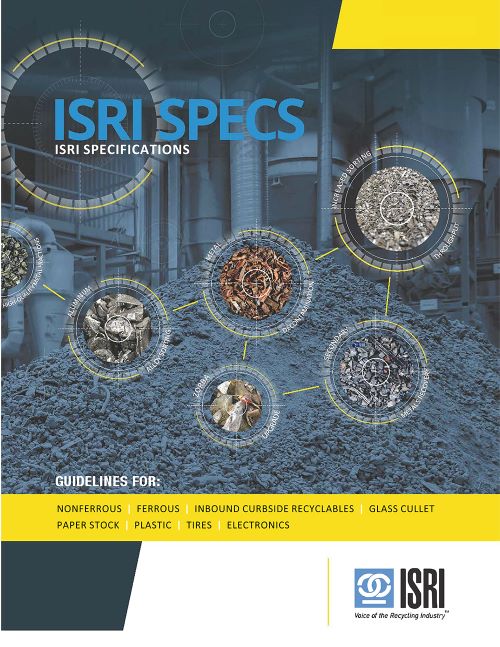
Specs Circular
ReMA Specifications are designed to facilitate the trading and use of the entire range of recycled materials including recycled ferrous and nonferrous metals, paper, plastics, electronics, glass, tire and rubber, and residential recyclables.

